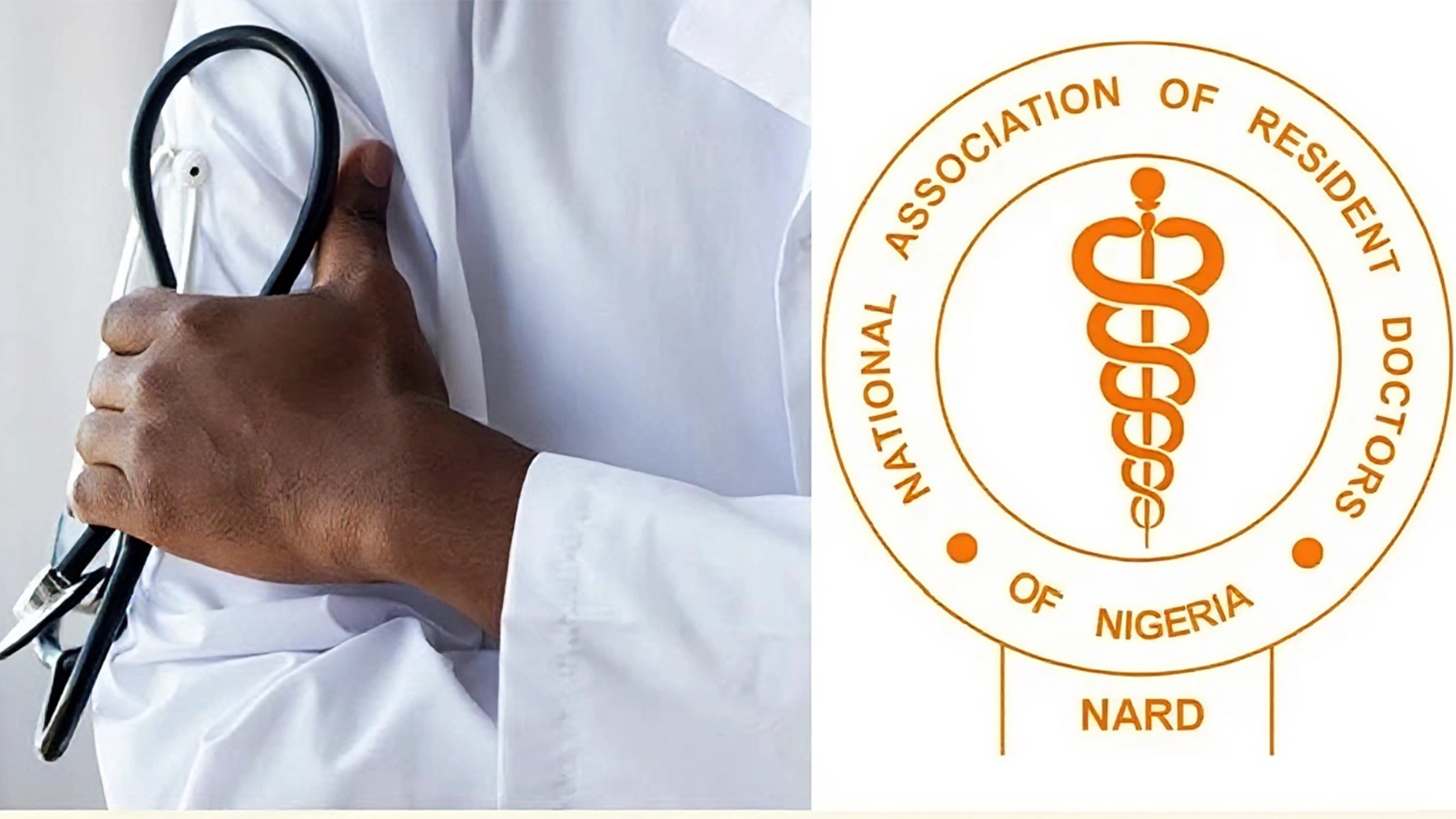The Civil Society for the Eradication of Tuberculosis in Nigeria (TB Network) has raised concerns over unfulfilled counterpart funding commitments by the government for tuberculosis, HIV, and malaria programmes in Anambra State.
Anambra State Coordinator of the Network, Ifeyinwa Unachukwu, made this known on Saturday in Awka during a media roundtable on the COVID-19 Response Mechanism – Community System Strengthening (C19RM CSS) Project.
Unachukwu said that while the project had strengthened local health governance and improved awareness through community mobilisation, the sustainability of these efforts remained threatened by inconsistent financial support from the government.
“Unfulfilled counterpart funding obligations by governments remain one of the major challenges facing the project. There is a need for consistency in fulfilling such obligations for Tuberculosis, HIV, and Malaria programmes,” she said.
She explained that the TB Network had trained and empowered more than 15 Community-Based Organisations (CBOs) to take part in advocacy, patient support, and monitoring roles, while ward development committees had become more engaged in health governance.
According to her, outreach sessions and community dialogues across several local government areas have expanded awareness of testing and treatment services for TB, HIV, and malaria.
She also highlighted that the community-led monitoring (CLM) framework developed under the project had exposed service delivery gaps at both primary and secondary health facilities.
“This has helped to shape constructive engagement with the Ministry of Health and the State Primary Healthcare Development Agency,” Unachukwu said.
The coordinator stressed that beyond funding, the state must institutionalise the CLM framework and design a financing strategy that draws support not only from government but also from the private sector and philanthropic actors.
“Importantly, the project has created new advocacy platforms where citizens can influence government decisions. These efforts have reopened important conversations around state government commitments, particularly in the area of counterpart funding for HIV/AIDS, TB, and Malaria,” she added.






